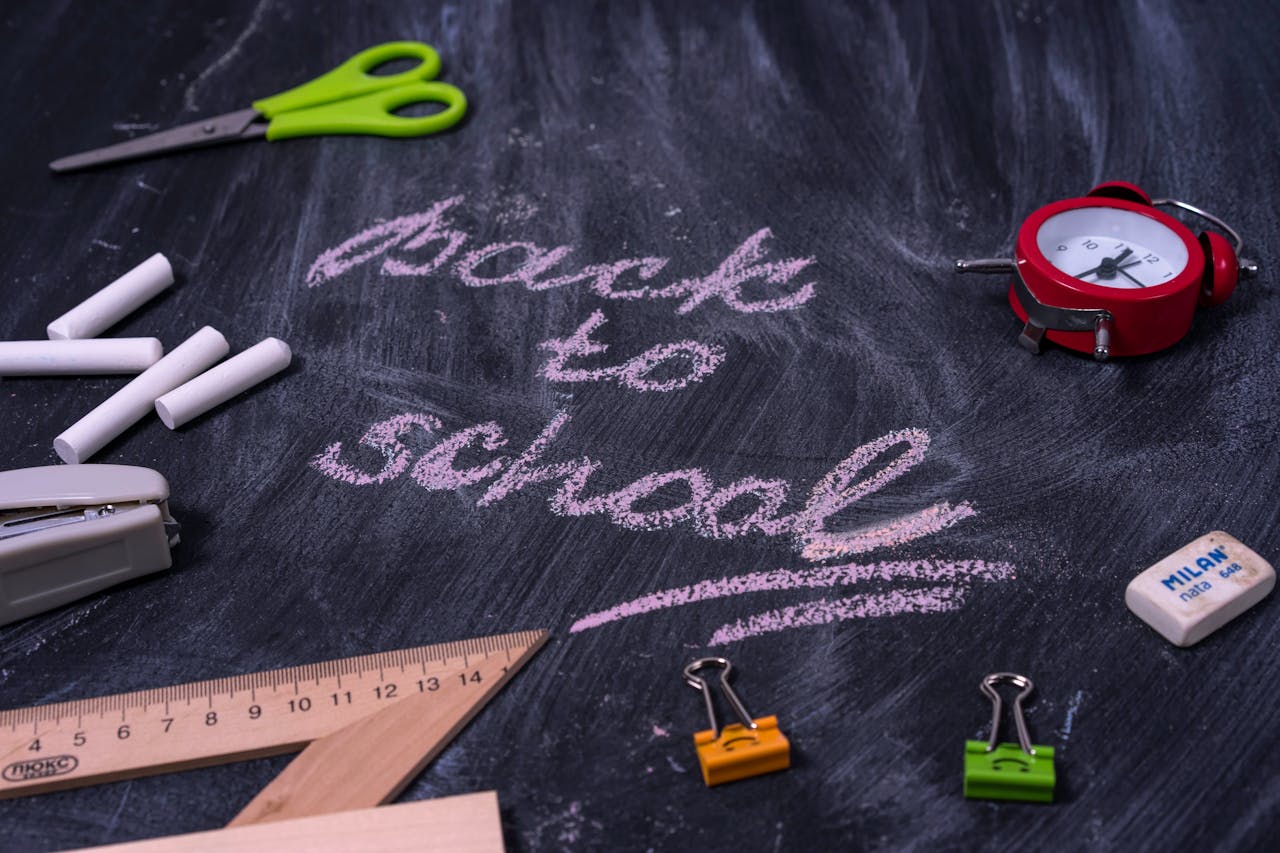Back to School Tips for Busy Parents

Getting the kids ready for a new school year can feel like a juggling act. Between tracking down school supplies, setting new routines, and shuttling everyone to activities, it’s easy for the season to get overwhelming. Many parents notice their stress levels spike during this transition, but a few simple strategies can help. With some smart planning and time-saving tricks, you can make mornings smoother, afternoons calmer, and give your kids the best start to the year.
Morning Routine Strategies That Save Time
A calm, organized morning can make the whole day feel easier. The secret is a little prep and clear expectations for everyone.
Figure out your family’s ideal wake-up time by working backward from when you need to be out the door, and give yourself a buffer for the unexpected. Post a simple schedule so everyone knows when it’s time to get dressed, eat breakfast, and grab their things.
Do as much as you can the night before: lay out clothes, pack backpacks, and make sure school supplies are ready to go. Keep a spot by the door for backpacks, shoes, and anything else needed the next day to avoid the morning scramble.
Set up a “launch pad” near your exit with hooks for coats, a shelf for bags, and bins for shoes. Label spots so kids know exactly where things belong. A nearby mirror is great for last-minute checks before heading out.
It also helps to stash a few extras, like socks, hair ties, and pencils, close to the launch pad. That way, if someone forgets something, you can grab it quickly without throwing off the whole morning.
Meal Planning and Prep Solutions
Food prep often takes more time than we expect. A little weekend planning can make a big difference in keeping healthy options ready and reducing stress.
Set aside part of your weekend to cook large batches of staples like grains, proteins, and roasted vegetables. Store them in containers so you can quickly mix and match for school lunches or family dinners.
Stock your pantry with healthy grab-and-go breakfast options, such as granola bars, fresh fruit, and yogurt cups. Create a breakfast station with bowls, spoons, and favorite items within easy reach for kids. This promotes independence and keeps mornings moving.
Pack school lunches the night before using an assembly-line approach. Lay out containers and fill them with a main dish, sides, and snacks. Keep a checklist nearby to ensure balanced meals. Involve children with age-appropriate tasks like placing containers in lunchboxes or selecting a piece of fruit.
Creating an Effective Homework Station
A dedicated study spot can help kids focus and build strong homework habits. Pick a quiet area away from busy parts of the house and free from distractions like TVs or gaming systems.
Keep the space stocked with supplies such as pencils, paper, rulers, and calculators so everything is within easy reach. Use clear containers to keep items organized, and add a small bulletin board for assignment schedules and reminders.
Good lighting makes a big difference. Place the desk near a window for natural light when possible, and use a desk lamp with adjustable brightness for evening work. Pay attention to room temperature and noise levels since both can affect concentration.
Sleep is just as important for learning as study time. A comfortable mattress and cozy bedding help kids get the rest they need to stay focused, remember what they learn, and solve problems more effectively.
Managing School Year Transitions
Switching from summer mode to school routines takes a little time. Start adjusting sleep schedules two to three weeks before the first day. Move bedtime and wake-up time in small steps, about 15 minutes earlier every few days.
Set clear after-school routines that cover homework, activities, and downtime. Post a visual schedule so kids know what to expect, and include breaks for snacks and physical activity to help them stay focused and energized.
Use a family calendar to track assignments, activities, and important dates. Review it together each week to spot any conflicts and plan ahead. This not only keeps everyone organized but also helps kids learn valuable time-management skills.
Supporting Quality Sleep for Academic Success
A good night’s sleep makes a big difference in how kids learn and behave. Well-rested students are more focused, absorb information more easily, and are less likely to struggle with behavior at school.
Our premium kids mattresses are designed to support growing bodies, helping kids wake up refreshed and ready to take on the day. Upgrading beds before the school year can help set healthy sleep habits that last all year.
Establish calming bedtime routines to make it easier for kids to wind down. Dim the lights, put away screens, and choose relaxing activities like reading. Soft sheets, cozy blankets, and supportive pillows all help create a space where rest comes naturally.
Conclusion
A little preparation goes a long way in making the back-to-school season less stressful. Streamline your mornings, plan meals ahead, and create study spaces that help kids stay focused. Just as important, make sure everyone is getting quality sleep with comfortable bedding and consistent schedules.
Start putting these habits in place a few weeks before school starts, and adjust them as you see what works best for your family. When parents feel less stressed, they have more energy to support their children’s success.
Explore our collections to explore premium mattresses and bedding that promote restorative sleep for the whole family. Quality rest provides the foundation for managing busy school schedules while maintaining health and well-being.




